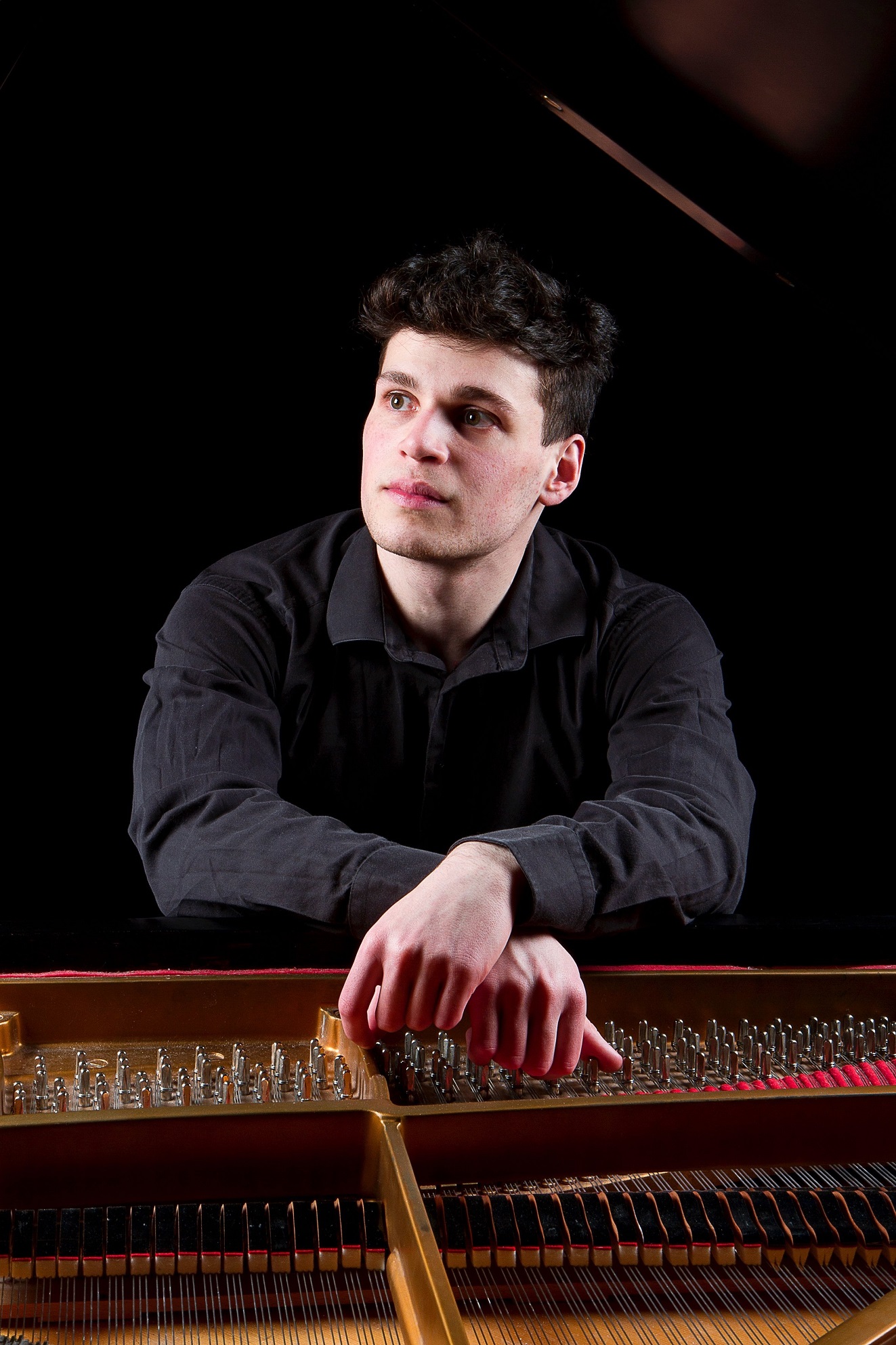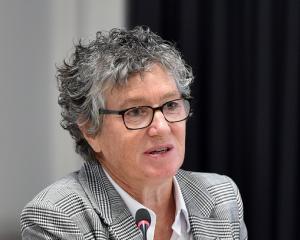
For a self-taught pianist, before entering university, Abhinath Berry has always surprised.
His teacher, University of Otago Blair Professor of Music Terence Dennis, says through his "talent and immense dedication", Berry has developed "apace", to such an extent he now regularly presents a wide range of the "most brilliant and demanding works" of the great piano repertoire with "admirable command and ease".
This has seen him sweep a range of awards and fellowships recently, such as Creative New Zealand’s Jack McGill Scholarship, a Dame Malvina Major Foundation Arts excellence award and the Judith Clark Memorial Fellowship.
Since 2019, he has also been awarded all possible prizes from the University of Otago’s School of Performing Arts in performance, composition and academic music.
In his final year, he was awarded the Victor Galway Medal, Simon Gibson Memorial Prize, Charles Begg Prize, Prestige Scholarship in Music and the Ida G. White Memorial Prize.
The list of awards continues with a young artists’ award from the Wagner Society of New Zealand and in 2021, he was awarded a Fame emerging practitioner award and the Graduates’ Association award for outstanding contribution to arts and culture.
Not to mention his success in composition as the winner of the 2022 Lilburn Prize for his Sonata-Fantasie for solo piano, and in 2021 for his String Quartet No 2. His work Prologue from Metamorphoses was selected for the Todd Corporation young composers’ award, and was performed and recorded by the New Zealand Symphony Orchestra.
All of this success has given the quietly spoken musician a determination to further his education by studying for a master’s degree in performance with the goal of becoming a professional pianist.
"That will give me the expertise and experience necessary to forge a career as a musician and be armed with the skills required to set yourself up to contribute the world of music."
Only finances stand in his way — he had to turn down spots in two "fiercely competitive" United Kingdom master’s degree programmes he auditioned for last year as he did not have the funds.
"It was great to have the recognition that it is possible for someone from my background and this part of the world who might not necessarily have had the same opportunities."
This year he has been raising money through performing.
His major recitals given in Auckland and Wellington this year were given standing ovations.
"They are a great way for young musicians like myself to connect with the public and offer something back to the community.
"It’s another way someone in my shoes can make something to contribute to the cost of studying abroad.
"I didn’t know how expensive everything would be.
"Armed with this I’m so much more on track to make things a reality this year."
He has again auditioned for the same spots in the United Kingdom and is hoping to do an audition tour of the United States next year.
This will require him to play pieces that show his artistry as well as being pieces that he is comfortable playing in a short period of time to make an impact.
"An uphill battle in a way but its very exciting."
It is a long way from his first experience of the piano when he took lessons for less than a year at age 8 in Auckland.
But then, his family moved around the country a lot and a piano was not available for him to play.
Berry was 15 when his family finally settled in Dunedin and he had the chance to play again, so he began to teach himself .
"I found this allure, this draw to always practice — luckily that’s still with me today."
The huge repertoire of the piano is one of its attractions, he says.
"You can play everything, essentially, whether its an original master work or a transcription of a master work.
"But eventually it wasn’t just about the repertoire, it was something about the process of learning and the process of self development.
"It was challenging in a way and I always like a challenge."
When he finished high school, he enrolled in a science course at university, but by then he had "caught the music bug".
He swapped to studying music, realising that unless he devoted himself to learning the piano, he would not be happy.
"It required a lot of patience and lot of understanding of my own learning — a lot of self-evaluation and a lot of determination.
"I was flabbergasted at how easy everything seemed once someone showed me how to do it."
Dennis has found Berry has a very questing mind for exploring the piano repertoire, "to which he gives fearless promotion".
"No-one can have a crystal ball for a performance career pathway, but Abhinath’s real strengths and necessary attributes as a performer include his technical ease and command onstage, his ready communication, great memory facility and above all, the enjoyment of performing such exciting repertoire."
He also has an "insight and wisdom" about playing which is a sure sign of a masterful teacher to come, Dennis says.
Berry also studied composition and continues to write when he has the time.
"This year, I’m just trying to give as much artistic energy as I can into playing the piano."
For his Dunedin concert, he will be playing works by Chopin, Liszt and Ravel, as well as a four-handed piece on one piano, the Spanish Rhapsody of Ravel, with Dennis.
"It would be nice, I thought, since he’s been my teacher for five years, to play something together.
"We’ve played together on a number of occasions and it’s always such a great experience."
Dennis agrees: "I’m sure we can raise the roof with this exciting piece!"
TO SEE:
Abhinath Berry presents Virtuoso Piano Recital with special guest Terence Dennis, November 17, 7.30pm at the Glenroy Auditorium.












